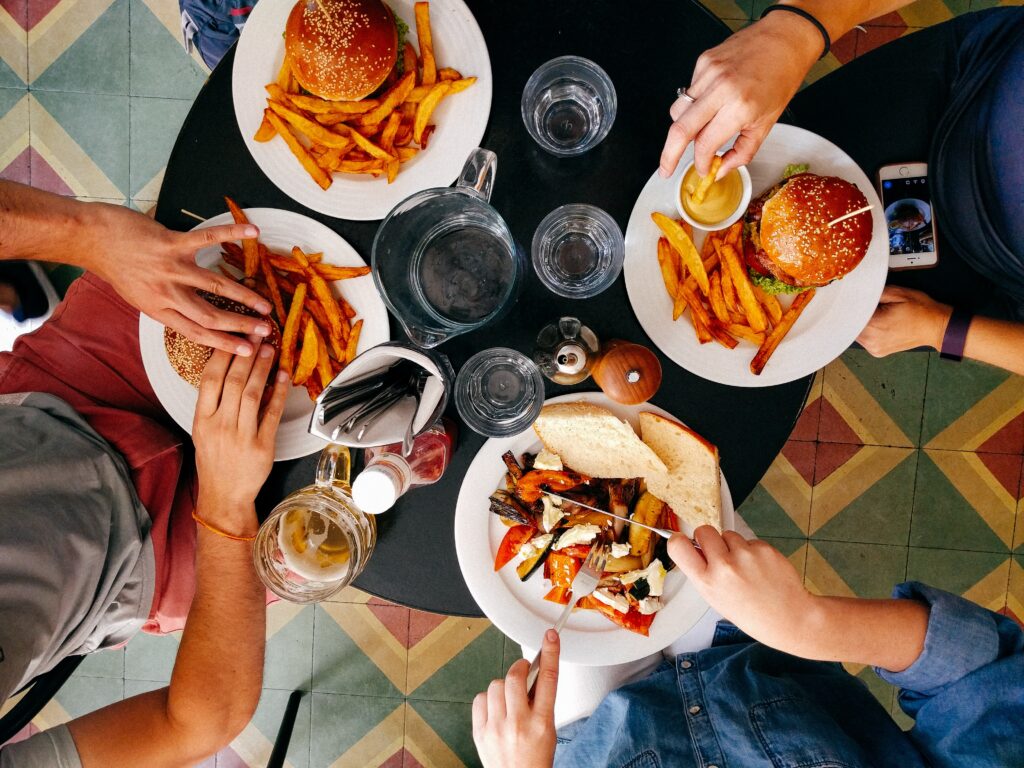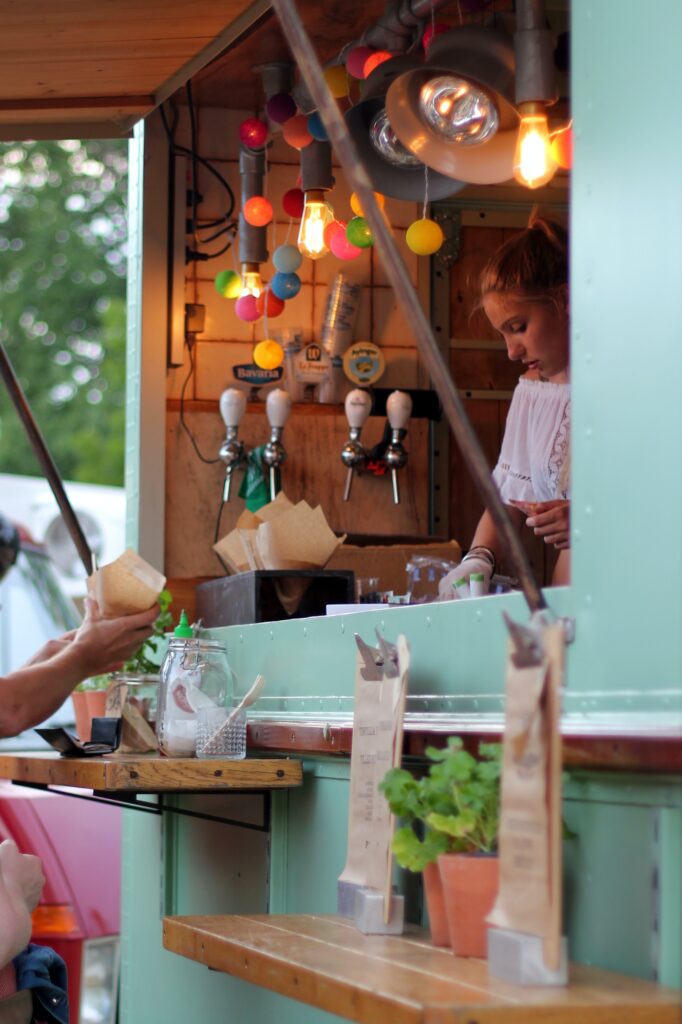I tried to write something insightful and meaningful about the 20th Anniversary of 911. Something honest, that contributed my genuine perspective of what happened and what happened as a result of that day.
It feels like by the 20th anniversary I should be able to wrap my mind around it, but I still can’t. So, I’m going to do what I always do when I’m overwhelmed and move on with an awkward segue that makes everyone vaguely uncomfortable.
Food. We all eat it right?
It’s on my mind because my local Chinese restaurant just launched a gluten-free menu. I had honey chilli chicken and hot and sour soup (although the soup is actually stashed in the fridge for tomorrow) and I’m probably more excited about this than anything since my local chip shop got really good gluten-free fish and chips (everything is coming up wheat-free! Could donuts be next?).
It made me think about what food means to us, and what food says about us.
I don’t write about food/cooking as a theme in my books. I’m not a terrible cook, but… OK, that’s a lie. I’m actually a really terrible cook. One time I put a pot of vegetable soup on to simmer when I came home from work…came home the next day and found it baked onto the nearly burned through pot. If I run out of ingredients I usually substitute whatever it was with ketchup since…why not?! I have exploded more than one oven. I can’t eat wheat, I won’t eat white sauces, and I will happily eat the same meal every night for up to a fortnight. Could be longer, but two weeks of the toastie diet is when people start to talk about intervention.
Anyhow, I like food. I’m not passionate enough about the mechanics or techniques to actually weave it through a novel as a distinct thread. It’s ok. There’s plenty of authors who do an excellent job of that.
That doesn’t mean I don’t use food in my writing.

Food and the consumption of it is a universal experience*. That makes it a great short hand to signify lots of different things from relationship status to class.
For example, sharing a meal can show a great deal about a couple. At its most basic eating together suggests a certain intimacy. Of course, we do eat in front of strangers but…is there anything worse than the idea of having a job interview over a meal (real thing! This happens to people! It should be illegal)? There’s a vulnerability to eating that indicates the characters are comfortable with each other, that they trust each other to a degree.
Conversely—if you want to indicate a lack of intimacy—a scene where one person is eating and the other isn’t can drop a real chill over proceedings. The level of the chill depends on the situation—are they eating in a restaurant or is one just snacking while they talk?—but the implicit rejection of hospitality indicates a relationship that isn’t easy or perceived to be equal.
Food and its consumption also works to establish not just class but the individual’s interaction with their social status.
A character who frequents food trucks, for example. Depending on how fussy the truck is you can establish them as either working class or under (kebab van in an underpass), kind of pretentious (sustacos in the Mexican-Japanese fusion truck), or someone who likes the nicer things but isn’t up themselves (lobster rolls…although if isn’t nearish the sea, they could just indicate the character doesn’t love themselves).

Oh, and a character who snacks all the time suggests a laid back, confident approach to life since we generally eat at times and in spaces where we feel comfortable. Someone who’s always got a candy bar or a sandwich is probably pretty sure of themselves.
If a character can’t eat, that suggests they’re scared or anxious (ok, ok, that one’s obvious). Meanwhile a character who turns down an offer of food, is establishing a firm and somewhat alienating boundary.
There are exceptions, of course, and ways to flip the script. The thing is that we all have assumptions about food and what it means for some to people to have it. That can lean so gracefully into a book, the outlines of the character and how he’s perceived traced out ready to be filled in or contradicted as you go.
There are, of course, some things to watch out for:
A:Unless you want the character to racist, don’t react with curled lip to non-Western food (sushi, goat stew, adobada fries) and imply they are intrinsically gross. It might be meant to indicate the character hasn’t tried much outside their cultural comfort zone, but it ‘others’ the food by making it ‘adventurous food’ instead of just food. I personally think it was very brave of me to try octopus that once (I did not like it, it was so chewy I had to just wash it down with gulps of soda and while it was probably just a bad restaurant it put me off), but that was because I pushed my own comfort levels (never had it before, not that fond of seafood anyhow) not because the meal was challenging.
B: Research the restaurant/cuisine first, so they know what is borderline posh and what isn’t. I was once roundly mocked for saying a Jammy Dodger was posh at work, you don’t need that energy in your life ever mind your books.
D: Oh and of course. Food and the rituals around it are universal, one way or another, but cultural translations of that will vary from location to location. My approach here is very much from the Western/European interpretation of cultural norms.
(I wrote half of this late at night after an interruption to the day. Lucky for you I remembered to give it a quick proof before I posted, because there were some weird…not typos exactly, but brief extracts from me dozing off and my unconscious briefly having free rein with my fingertips.)
